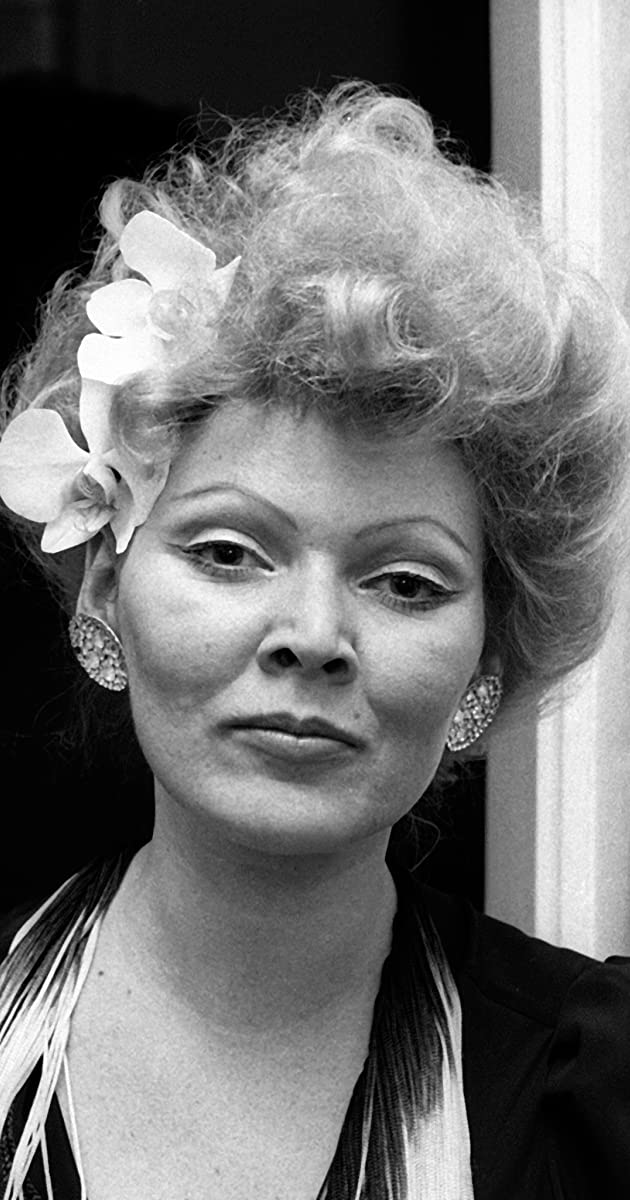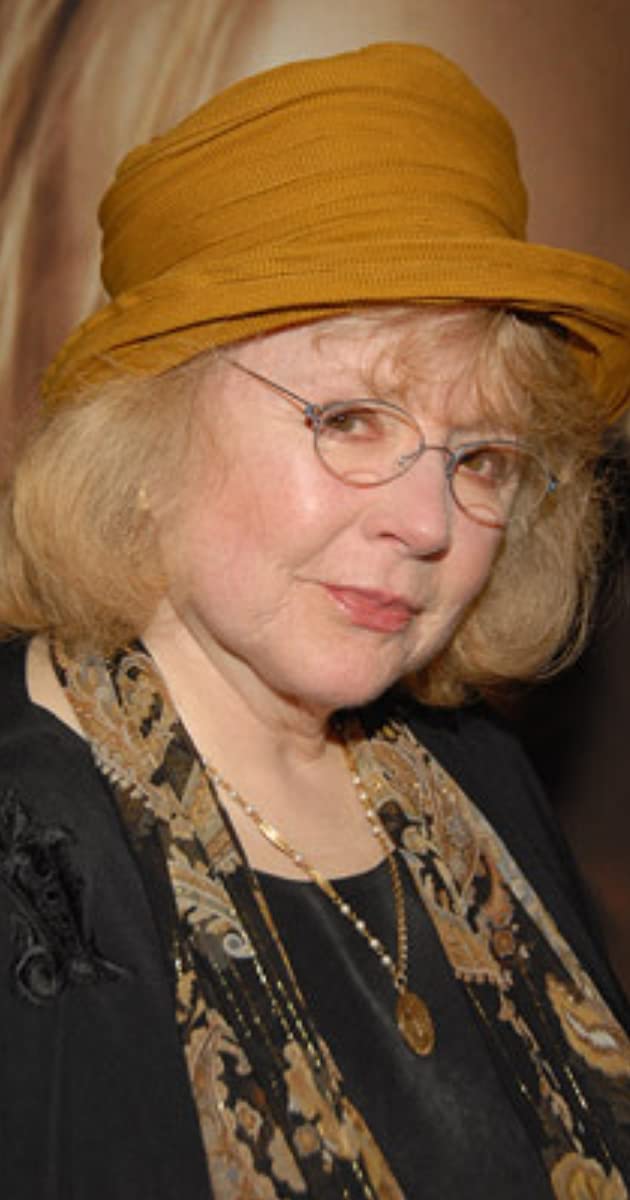
A bizarre, gloriously one-of-a-kind Hollywood gypsy and self-affirmed outcast, San Francisco-born actress Susan Tyrrell (born Susan Jillian Creamer) was a teenager when she made her stage debut in “Time Out for Ginger” in 1962. A product of the entertainment industry, her father was a top agent at one time with the William Morris firm. She built up her resumé in summer stock and regional plays usually cast in standard ingénue roles. Her nascent career took an abrupt shift in direction, however, when, as a member of New York’s Lincoln Repertory Company, she was cast in an array of seamy, salty-tongued, highly dysfunctional character parts. After striking performances on and off Broadway in such fare as “The Rimers of Eldritch” (1967), “A Cry of Players” (1968), “The Time of Your Life” (1969) and “Camino Real” (1970) Hollywood took keen notice of this special talent and, in the early 1970s, began to cast her in their more offbeat projects.
In only her fourth film, Susan earned an Academy Award nomination for her powerhouse portrayal of a cynical, low-life boozer girlfriend opposite Stacy Keach’s has-been boxer in John Huston’s potent but highly depressing Fat City (1972). Pulling out all the stops after this, she continued to show her fearless attraction toward the dark side throughout the late 1970s with flashy roles in lesser quality material such as The Killer Inside Me (1976), Andy Warhol’s Bad (1977), Islands in the Stream (1977), I Never Promised You a Rose Garden (1977), and September 30, 1955 (1977) as various harridans and grotesques. The 1980s proved no different with manic behavior on full display in Tales of Ordinary Madness (1981), Forbidden Zone (1982), Liar’s Moon (1981), Fast-Walking (1982), The Evil Protege (1981), Big Top Pee-wee (1988) and underground director John Waters’ more mainstream film Cry-Baby (1990), many of which have now achieved cult status.
Toned down a bit for TV, she nevertheless demonstrated in both the one-season series Open All Night (1981) and on MacGruder and Loud (1985) that she wasn’t about to change. When her TV and movie career started to simmer down, the Los Angeles-based actress opted for the avant-garde stage with such productions as “Why Hannah’s Skirt Won’t Stay Down” (1986), “Landscape of the Body” (1987), “The Geography of Luck” (1989) and her trenchant one-woman piece “My Rotten Life: A Bitter Operetta” (1989), which she performed over a long period of time.
Real-life tragedy struck in late April of 2000 when Susan contracted a near-fatal illness. Both of her legs had to be amputated below the knee as a result of multiple blood clots due to a rare blood disease — thrombocythemia. Never say die, she valiantly tried to maintain a positive outlook, and continued to perform on occasion while going through rehabilitation. She also spent time writing and painting before passing away on June 16, 2012. A wild, boisterous trooper, she was the definitive underground raconteur for those who desired the more sordid side of Hollywood.


